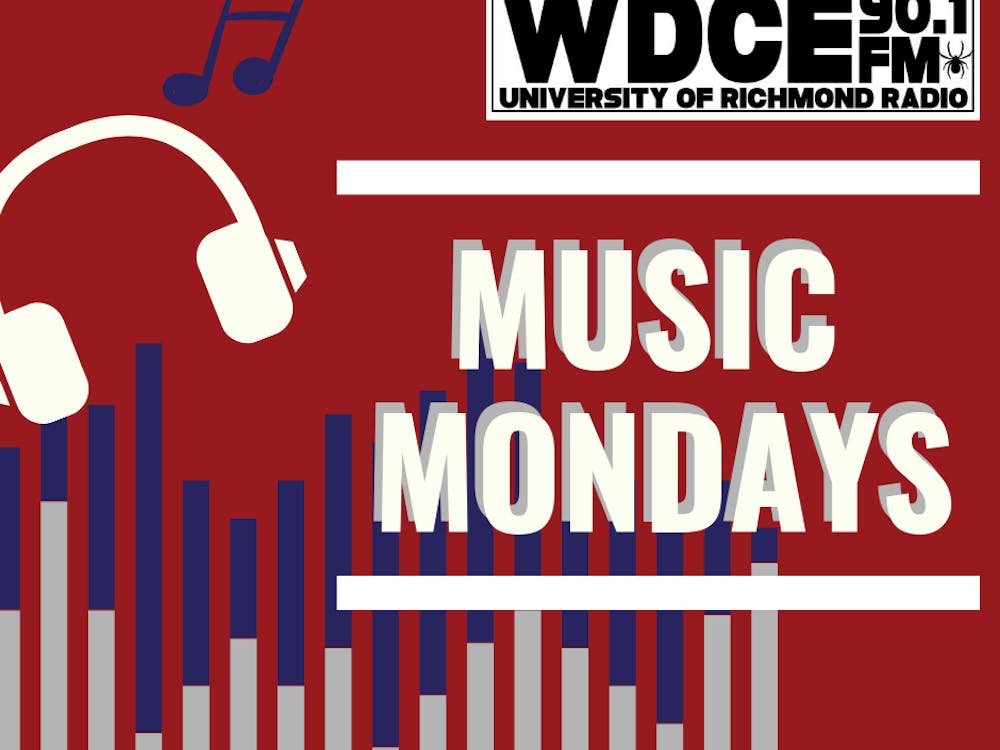On November 19th, I had the pleasure of attending a student research presentation by Dana McLachlin, Class of 2014. The talk highlighted various social movements organized by students and faculty at the University from the 1960s up to present day with an emphasis on action surrounding issues of gender and LGBT rights on campus.
This discussion left me reeling and excited. And furthermore, it made me think about how we present history as a series of events and how this often suppresses narratives of radical action - not just at the University, but nationally. The general mainstream representation of American history suffers from a lack of critical thought, and in such denies political and social non-majorities a fair and accurate depiction of how culture, politics, and legislation have been altered through revolutionary and radical action.
For example, when I came to Richmond in 2010, I was briefed on the history of the coordinate college system by various Westhampton orientation programs. We were told that an archaic dorm visitation policy between the women's and men's colleges existed until the 1970s, but eventually, and seemingly randomly, was deinstitutionalized.
According to Dana's research, students in opposition to trustees' rejection of a new student-created visitation policy were critical in actively dismantling the outdated procedure. Students, dissatisfied with the University's attitudes toward student autonomy, rebelled by staging protests where the policy was deliberately disobeyed and students streaked through campus.
Three students in the streaking rally of 300 were arrested; one was tackled to the ground and detained by police. Onlookers responded by rioting against the police. Throughout the year students engaged in workshops and sit-ins surrounding their frustration with the University's disregard for student rights.
"The turmoil," Dana explains in her write-up, "...fundamentally challenged the relationship between the students and the administration." Not long after the protests, the Board of Trustees voted to allow students to choose dorms with no visitation hours policy.
Now that's a story! It contextualizes the relationship between students and the administration in the present day, and demonstrates the reality of campus climate change: messy, radical, and organized by students independently of the institution. Why aren't those qualities fostered during first year orientation?
We as students, from our induction into the American education system, are browbeaten both by its disciplinarian structure - its requisite memorization of factoids and emphasis on social conformity - and the nature of its curriculum, devoid of critique of an unequal, unjust society.
In this system, rarely are students allowed the opportunity to engage in critical thought surrounding history. American history curriculum's are presented to them like an objective hard science: memorizing figures and numbers, learning what two matters create a precipitate. From this vantage point, it becomes difficult to critically analyze historical content and present-day social issues, because who can argue against scientific fact?
Moreover, critical discourse is rarely, if ever, addressed positively at any points in mainstream American history classes. Instead, social change is explained through passive events surrounding institutional change.
We learn through anecdotes that the Civil Rights Era was ushered in singlehandedly by Martin Luther King Jr. through speeches and patience, and that after schools were mandated to desegregate suddenly America was an equal nation. Rarely do students learn that at that same moment in time the Black Panther Party organized black Americans from all backgrounds in the name of community empowerment against institutions of power and created some of the first social programs that government adopted and uses today, like free breakfast programs for low-income students. Go ahead, look it up.
These linear narratives aren't radical or critical. They do not allow students to recognize the plurality of thought in America, and they perpetuate the concept that America should strive to become a melting pot of unity - which would be idyllic if this did not serve to squelch the voice of the oppressed minority. This narrative is constantly perpetuated by textbooks that present their content as objective fact - despite that many textbooks contradict one another on "facts", and are contrived from other, earlier textbooks rather than primary sources.
Enjoy what you're reading?
Signup for our newsletter
It's no wonder young people as a demographic have a low voter turnout rate - they are uninspired, given few examples of how history is anything more than a static, linear string of events. They may want change but fail to see how they might achieve it. This, not critical thought, is toxic, and it shouldn't be in a university setting that we learn to combat this toxicity.
By the way, for anybody wanting to be inspired to actively learn a radical history of progressive student action at Richmond, I highly encourage you to read into Dana's research at http://commonground.richmond.edu/queer-ur/history/index.html for an insightful look at how the University came to its present state. I caution you: you may be inspired to try and change something you think is unjust at Richmond. You have been warned.
Contact Contributor Yazmeen Nunez at yazmeen.nunez@richmond.edu.
Support independent student media
You can make a tax-deductible donation by clicking the button below, which takes you to our secure PayPal account. The page is set up to receive contributions in whatever amount you designate. We look forward to using the money we raise to further our mission of providing honest and accurate information to students, faculty, staff, alumni and others in the general public.
Donate Now

